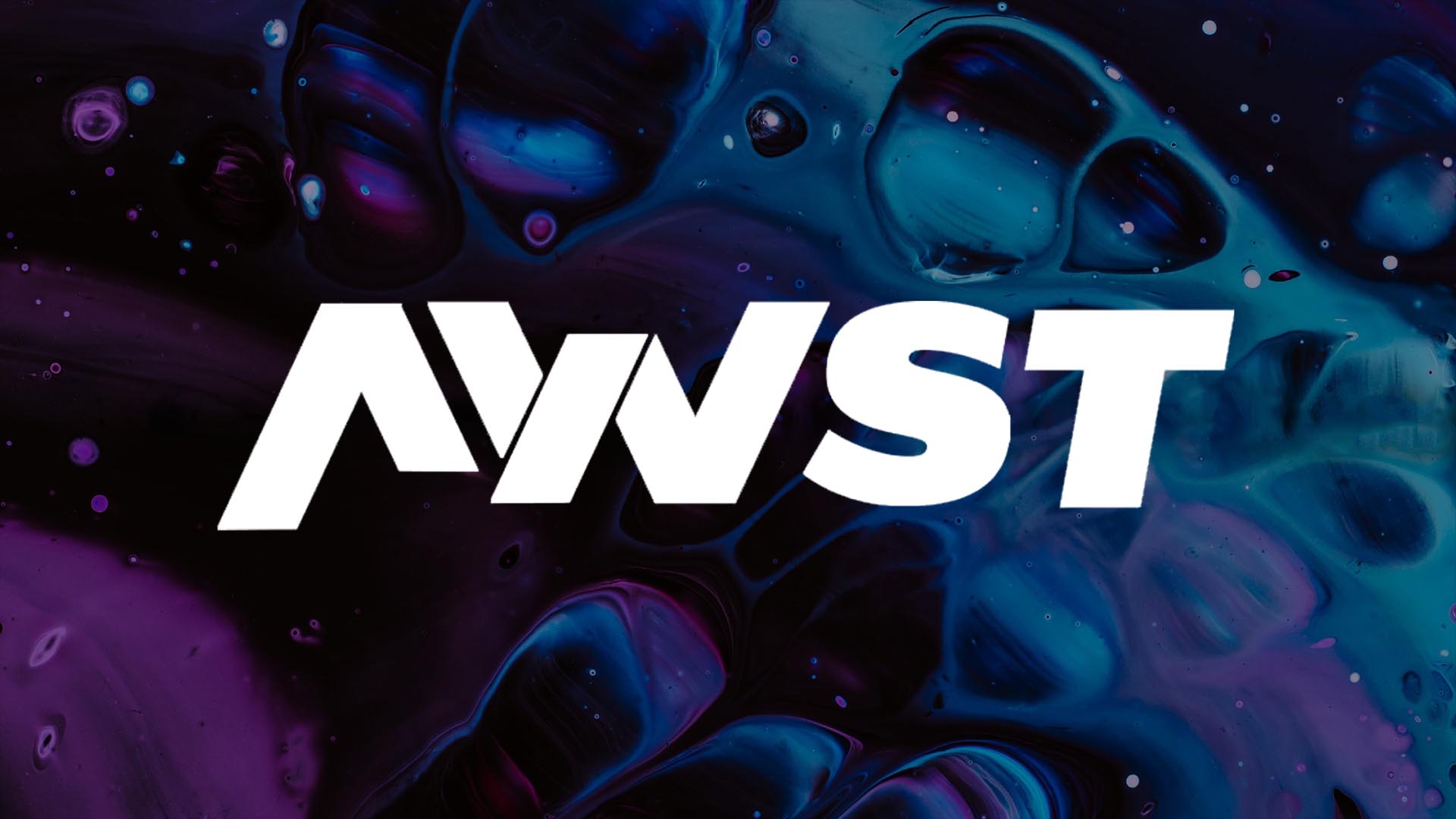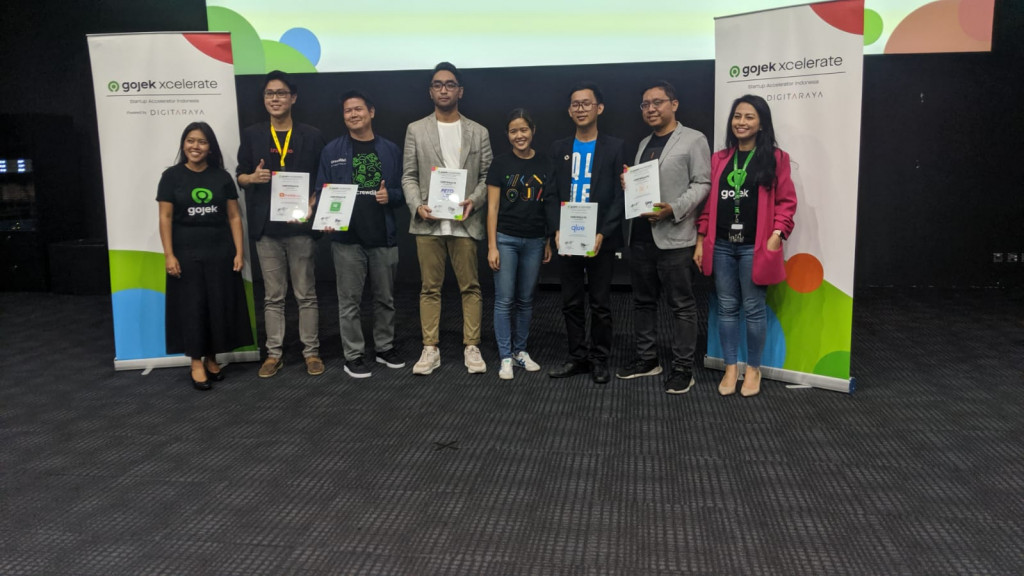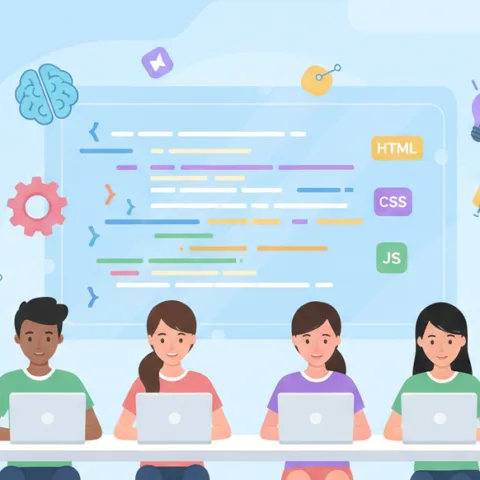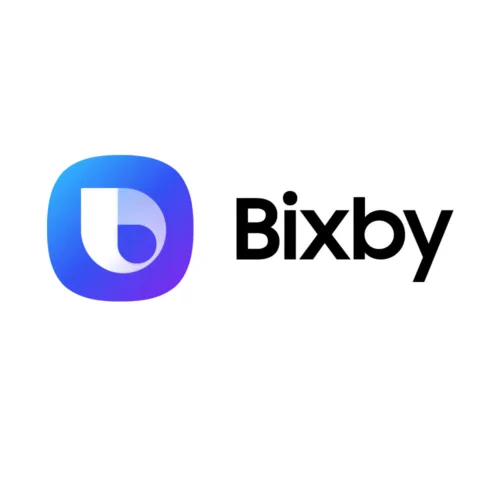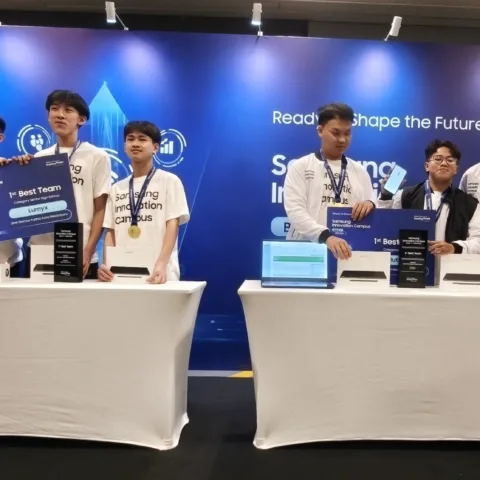Working in a tech-startup demands creativity and innovations, in a fast-paced environment, and think of sustainable business at a time. When it comes to burnout, incapable of balancing work and life, it may lead to harm for oneself, family, also the company.
Mental health issues are often avoided and considered as taboo in the startup community. DailySocial has brought this issue once by interviewing some startup workers and talks on how important to keep the work-life balance in the industry.
Today, we bring up the issue with a different perspective, from the founders of unicorn and investors. Somehow, there’s no conference ever talked about this topic.
At least, this is the fact that Gojek‘s President, Andre Soelistyo confirmed as a speaker at East Venture’s 10th-year-anniversary event with East Ventures’ Managing Partner, Willson Cuaca as a moderator.
“The mental health issue on founders in the leadership has never been brought at any conference. In fact, we are all, investors and founders should really start thinking about this,” Andre said, Mon (10/7).
He didn’t specifically mention how to solve this problem. However, he admits the thing can damage the founder’s mind if not taken seriously.
As he quoted a statistic, founders have two times bigger possibility to get depressed, three times for substance abuse disorder, and other statistics following them.
The worst scenario, he thought, is very likely to happen as founders are required to be creative. Which is, a creative person tends to feel lonely. In a difficult time, they always keep it to themselves instead of sharing with people, especially the employees.
“I really want to encourage the startup community to change because it all started from the community. The closest person to the founder is investor, therefore, it’s important how investors handle this issue.”
Willson agreed that the investor is the closest person to founders. Honestly, investor’s job after investing money is to absorb them whining and complaining. He spent a lot of time on this.
“We do have a founder almost committing suicide. This is crucial because when investing in the early-stage in the digital economy, investors aren’t focused on the economy or the technology, but the people.”
“Our philosophy is to maintain the people [founder] because we invest in people,” Cuaca added.
Communication among Gojek’s officials
Another topic arises, on how to communicate with each founder under Gojek’s business verticals.
For your information, Gojek has 20 business verticals and subsidiaries by acquisition. Each founder comes from different kinds of startups, gathered in one company, must have various kinds of leadership.
However, the relationship among founders should be called a partnership-driven organization, not a dynasty consists of people in a high position.
“Aldi [Go-Pay], Ryu [Midtrans], Catherine, and 20 other strong leaders have their own leadership style and good quality on execution. They have the same perspective so that when focusing on Gojek’s goals and mission, many objectives will appear and synergy will be made with each other.”
For example, one of the synergies is Gojek’s product with the lowest user acquisition cost, Go-Ride. When they’re linked to Go-Food product, the potential is there to make them as loyal consumers.
Furthermore, for consumers to make easier transactions, a payment system provided as Gopay. “Everything is connected for consumers to get more sticky with Gojek services and have more transactions in our platform. And that’s the goal.”
For the record, Gojek is not listed as East Ventures’ portfolio. As Soelistyo asked the reason, Cuaca said in 2011, he already met Nadiem in Bali for an event participated by US’ former diplomat, Hillary Clinton.
However, he decided not to invest in Gojek because when it was started, Nadiem was not full-time. He was still working at Zalora as Managing Director.
“Our hypotheses since the beginning is to invest in the founder who works full-time. That’s it.”
After all, Cuaca didn’t regret the decision that costs him a unicorn potential, which is finally become one in 2017. He said investors must be discipline on the first hypotheses. Otherwise, they’ll lose by not having the competence to see unicorn potential.
“It’s okay to miss one or two, as long as we’re disciplined with the hypotheses. There’s a term, no one can invest in all unicorns. Therefore, we need to build hypotheses and discipline to it, then you’ll get many or missed a little [possibility to capture the unicorn potential],” he said.
–
Original article is in Indonesian, translated by Kristin Siagian


